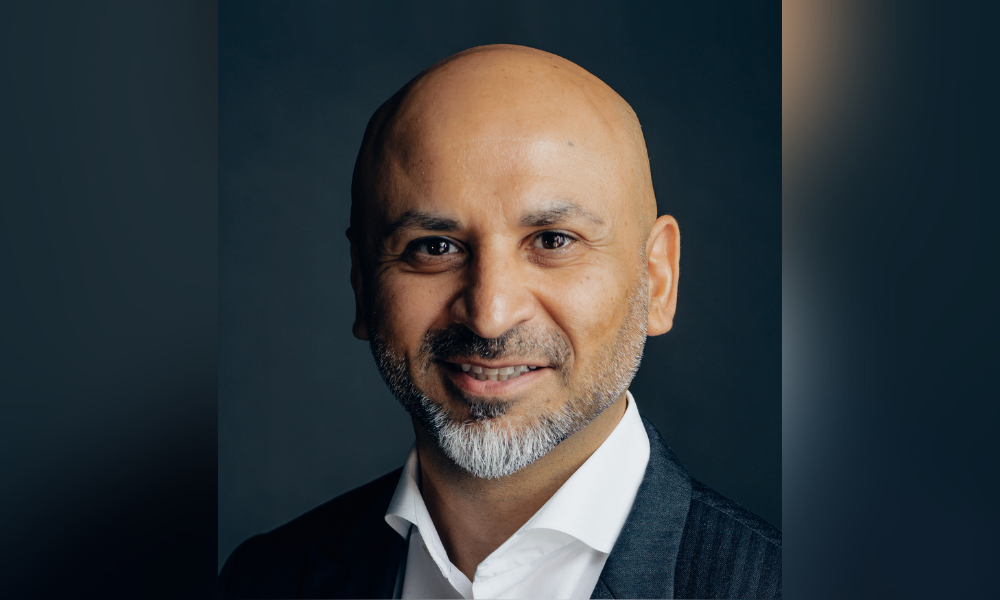
'To discriminate or ignore certain groups is not only unethical, it also diminishes your chances of building a thriving workplace culture'

The ways of the world have changed significantly over the past few years, but some employers may still be stuck in the past in the aspect of employee recognition.
Traditionally, recognition has been a top-down process, but this may be discriminating against some employees, says Muni Boga, CEO of Kudos, in talking with Canadian HR Reporter.
“What I think is important is just coming up with a solution that is inclusive to everyone, that's not just top-down and not just focusing on the reward.
With modern recognition solutions, everyone has an opportunity to be recognized, he says.
Ultimately, employers should make their recognition programs diverse because it drives business success, says Boga.
"DEIB in recognition penetrates all aspects of an organization. If your organization is not recognizing all of its deserving staff equitably and inclusively, then how can they be expected to be dispersing promotions and the corresponding wage increases equitably?
“To (even unintentionally) discriminate or ignore certain groups of your workforce is not only unethical, but it also diminishes your chances of building a truly thriving workplace culture that engages all employees. And, remember, an engaged workforce is also a productive one that drives organizational success."
Employers that show gratitude towards workers have a lot to gain, one expert previously told Canadian HR Reporter.
And when employers take a diverse approach, everybody benefits.
“When you have that increase in recognition inside of the organization, you also have an increase in ability to have a fair distribution of compensation, compensation increases, bonuses, and what have you, because now that… is being seen by senior leadership,” says Boga.
Company culture also benefits, he says.
“It's just the creation of a true sense of belonging. If you think about if people are being recognized and everybody's being recognized, then all of a sudden, [there’s] that whole sense of connection and community that exists within an organization. It's the bonds that are being created. And if you're thinking about DEIB [diversity, equity, inclusion and belonging] and trying to see what its value is, that's really what it boils down to.”
While the majority of LGBT+ respondents to a global survey said that many employers have introduced positive measures to support them, too many non-inclusive behaviours still happen in many workplaces.
Employers must also deliver recognition in different ways to meet the needs of a diverse workforce, says Boga.
“Everybody inherently loves to be recognized. The challenge is that the way in which they're recognized is very different.”
The answer lies in listening to your workers, he says.
“When you're running a recognition program, you want to make sure that you're seeing results. You want to survey people to make sure that they're actually feeling like they're able to give [and receive] recognition.”
Expressing appreciation is an effective way for employers to help out workers in their struggles, according to a previous report.